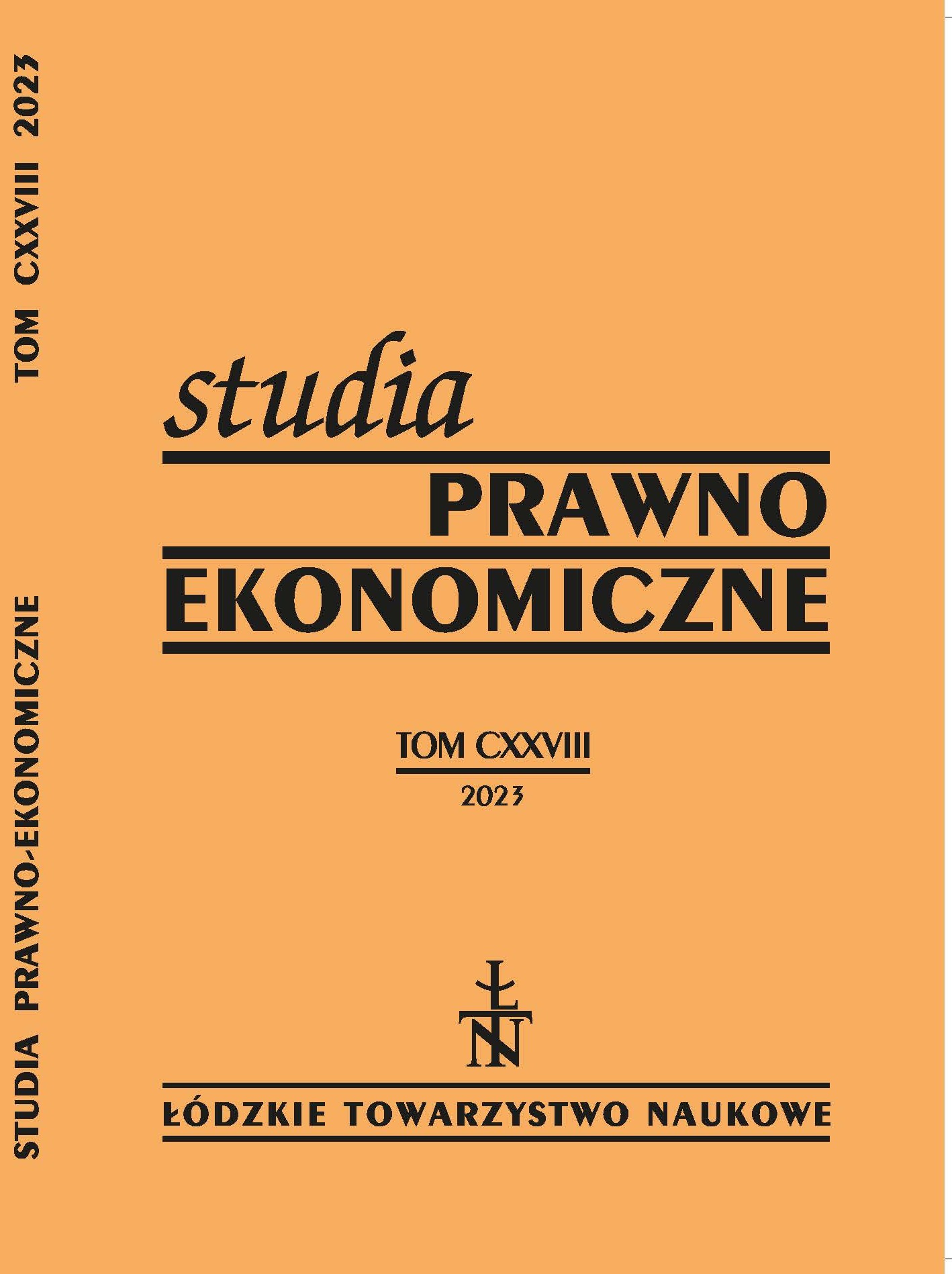PAŃSTWO JAKO ŹRÓDŁO DESTABILIZACJI SEKTORA BANKOWEGO W UJĘCIU NOWOCZESNEJ SZKOŁY WOLNEJ BANKOWOŚCI1
THE STATE AS A SOURCE OF DESTABILISATION OF THE BANKING SECTOR IN THE VIEW OF THE MODERN FREE BANKING SCHOOL
Author(s): Kamil PruchnikSubject(s): National Economy, Business Economy / Management, Governance, Public Administration, Economic policy
Published by: Łódzkie Towarzystwo Naukowe
Keywords: bank runs; bank panics; banking crisis;
Summary/Abstract: Background: The subject of this study is the destabilising effect of state intervention on the banking sector as defined by the so-called Modern Free Banking School (MFBS).Research purpose: The purpose of the research, is to provide an insight into how, within the framework of the MFBS, the state (through various interventions) leads to the destabilisation of the banking sector.Methods: The research method used in this article is literature review.Conclusions: Six key conclusions can be drawn from the following article. First, the MFBS presents a logically coherent explanation of how “free banking” (i.e. without state influence) would be stable, and how successive state interventions – by restricting banks’ freedom – destabilise the banking sector. Second, the main mechanisms by which, according to the MFBS, market- based monitoring and market -based disciplining of banks would take place are confirmed by the results of (cited) empirical studies. Third, the cited studies comparing a de facto (rather than de jure) “free banking” sector with a banking sector that was under strong state influence, suggest that “free banking” was: (i) more stable and (ii) more efficient. Fourth, the introduction of “free banking” nowadays seems unrealistic, as it worked when two conditions were met: (i) banks were free to print private banknotes and (ii) owners were liable for bank debts in excess of the investment, that they (owners of the bank) made in a (given) bank. Fifth, some of the detailed comments made by the MFBS representatives are no longer relevant, due to the impact of new technologies in banking. Sixth, the fact that a return to “free banking” is unrealistic does not mean that the general remarks of the MFBS representatives, do not have potential application in the process of shaping state policy on the banking sector, of which those concerning the strengthening of market mechanisms for banking development, including market competition, seem particularly relevant.
Journal: Studia Prawno-Ekonomiczne
- Issue Year: 2023
- Issue No: 128
- Page Range: 139-155
- Page Count: 17
- Language: Polish

